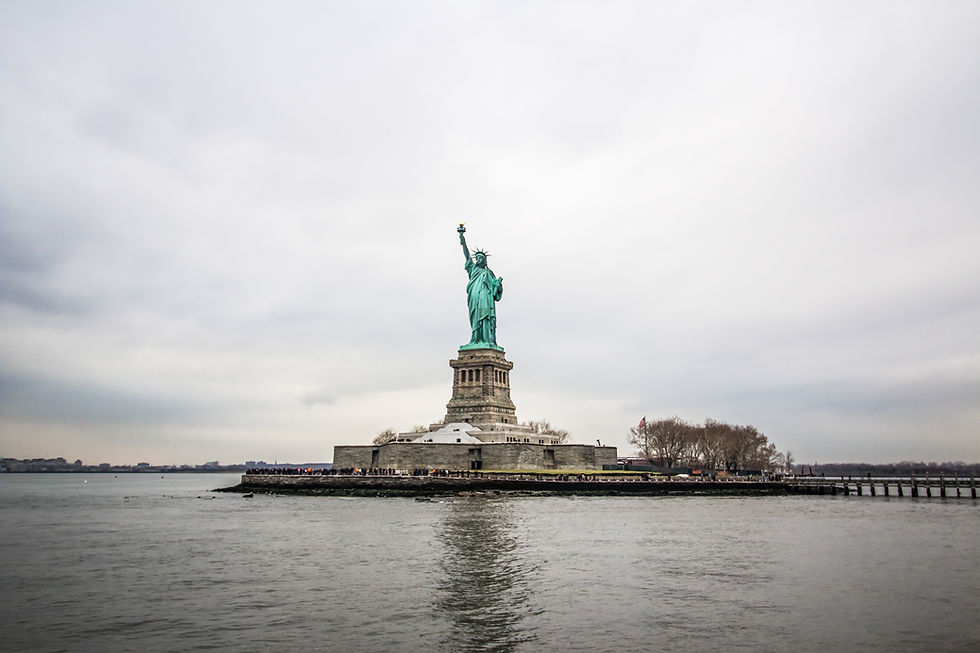OLIVER CALLS CATO’S BOAZ A GIANT OF LIBERTY MOVEMENT
- Sheri Conover Sharlow
- Jun 7, 2024
- 2 min read

ATLANTA - The liberty movement lost one of its foundational voices when David Boaz passed, one that clearly observed how past actions stomped through the present.
“History is not a bunch of new things. It's one damn thing, over and over,” Boaz said in a Reason interview this past March.
Chase Oliver remembers Boaz, longtime Vice President of the Cato Institute, as a communicator who broke down Libertarianism in ways that people could readily understand.“David Boaz was - and always will be - someone who I think of when I list the giants of the movement for human liberty,” says Oliver, the Libertarian Party candidate for president. “His legacy and memory is one I will carry with me always.”
Boaz died Friday, June 7 after a long battle with cancer. He was 70.
Boaz had been editor of New Guard and on the Council for a Competitive Economy when he was tapped in 1981 to join the Cato Institute, which had been founded 4 years before. He spent the rest of his career at Cato.
“So the idea was to set up a think tank that was neither liberal or conservative, and put a libertarian ideas on the policy map as well as the pure theory map,” Boaz said in a Reason interview called Libertarianism: The Intellectual Core of Liberalism in March.
He identified three big influences throughout the ‘70s: Vietnam, Watergate, and stagflation. He became an authority on domestic issues - what he called “the same issues over and over.”
“For Cato, the original agenda was: ‘Well, we're going to take on Social Security, the linchpin of the welfare state. We're going to take on school choice, which underlies so many problems. And we're going to take on the foreign interventionist state,’ ” Boaz said in the Reason interview.
His books include The Libertarian Mind (previously called Libertarianism: A Primer), Politics of Freedom, and Cato Handbook for Policy Makers.
Boaz will continue to inspire Oliver in his candidacy and activism.
“David Boaz understood how to positively sell our brand to the average American who needs to hear about the power of free markets, voluntary exchange,” Oliver says, “and the power that comes from allowing others to live in peace alongside you, even if they enjoy freedom differently than you or I would choose.”




Comments